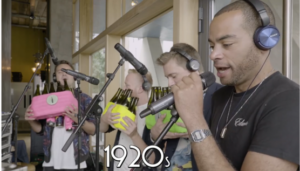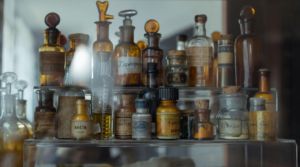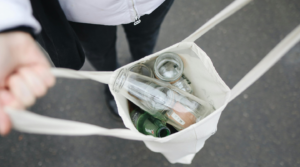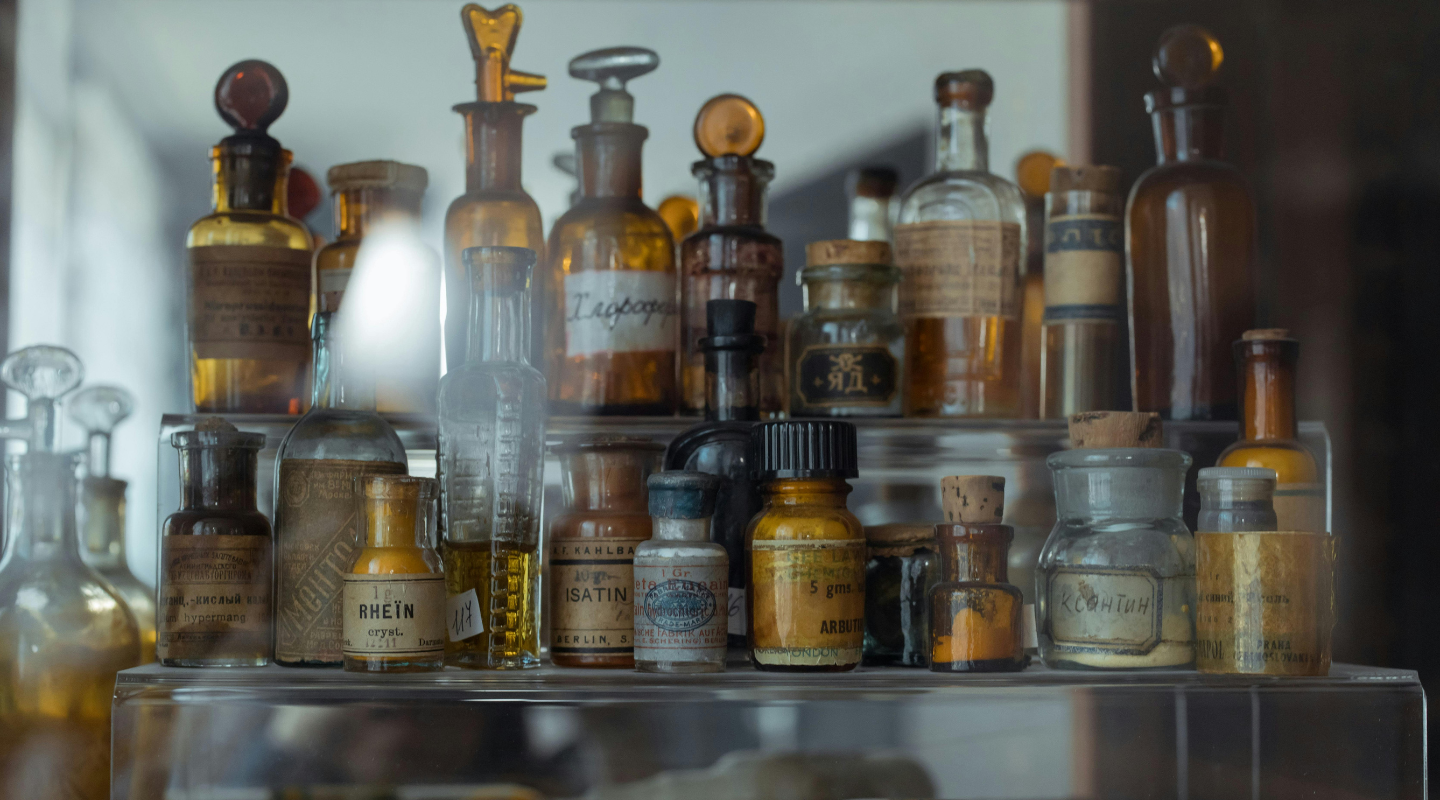A study that appeared in the New Scientist found that computer gamers have way more fun when they think a video game has been updated with fancy new features – even when that’s not true.
The gamers had been asked to play one game which they were told had AI and one without – while in reality, both were exactly the same. The players reported that the game they believed contained AI was more immersive and entertaining.
Psychologist Walter Boot of Florida State University commenting on the study’s results said: “The expectation is that something new must be better than the thing before. Maybe that’s why people go with a new iPhone every few years”.
This allure of the new could easily apply to the idea that recently launched alternative wine packaging types must be better than traditional glass bottles. Something that’s been around for 5,000 years couldn’t possibly compete with 21st century inventions right?
Wrong.
Why glass remains number one
One of the powerful reasons why the humble glass bottle continues to hold its own against these new pretenders is due to simple chemistry. Dr Jamie Goode, author and wine columnist explains:
“Wine is high in acidity and contains alcohol – a solvent, so it can be difficult to find a packaging material that doesn’t react in some way with it. It’s also extremely sensitive to oxygen, so any container used to store it has to be impervious to oxygen. This can be quite a challenge, but it is one that glass meets”.
Jenni Richards, Foundation Manager at British Glass agrees:
“Glass respects its contents. It doesn’t add or take away from anything, from the taste or the quality. Glass is made from natural materials which makes it virtually inert”.
In other words, wine stored in a glass bottle and sealed correctly, still remains the best way to keep wine totally fresh and drinkable, and especially over time.
Add to this environmental considerations and the glass wine bottle excels again. Glass is 100% recyclable and can be used over and over again in an endless ‘closed loop’ recycling process, without ever losing quality. In the UK, the wine bottle on your dinner table is likely to contain glass that has been circulating in the system for many years. Glass will retain its integrity long after other materials will have disintegrated or degraded beyond reuse.
Innovation
The carbon footprint of glass has been seen by some to be its Achilles heel, although while it’s true that glass will always be heavier than plastic or paper, the glass industry has made significant strides meeting this challenge in several respects.
Firstly, glass bottles are lighter than ever before. For example, in 2018 one of the world’s top 10 wine producers Concha y Toro used lightweight bottles in 98% of its range, achieving a reduction of 13,577 tonnes of glass. This translates into a reduction of 14,127 tonnes of CO2e emissions in production and transport.
Then there’s the shift towards importing wine in bulk and bottling in-country. According to the Wine & Spirits Trade Association, bulk imports into the UK in 2016 represented over one third of all wine imports by volume. Over the last ten years, the amount of wine imported into the UK in bulk has more than doubled, with close to half a billion litres of wine imported this way, cutting the need for individual transport journeys and saving 90,000 tonnes of C02 each year.
Even in the manufacturing process, huge strides have been achieved, starting with a 50% cut in the energy requirement for melting glass over the last 40 years. The UK glass sector signed up to the Government’s 2012 roadmap for carbon reduction and is working on a net zero plan. Glass Futures, a collaboration between key industry players is currently actively pursuing decarbonisation routes.
And a real game changer is on the way too. Earlier in 2020, the European glass industry announced the first ‘Furnace of the Future’. Currently being built in Germany and due to be completed in 2023, it will replace fossil fuel energy sources via a hybrid furnace using up to 80% green electricity.
Innovation is a positive thing, but when it comes to packaging for wine, familiarity really is best. While we can be excused for chasing after the shiny new things, sometimes the most exciting discovery of all is already in plain sight. And in the world of wine – that’s the glass bottle.







